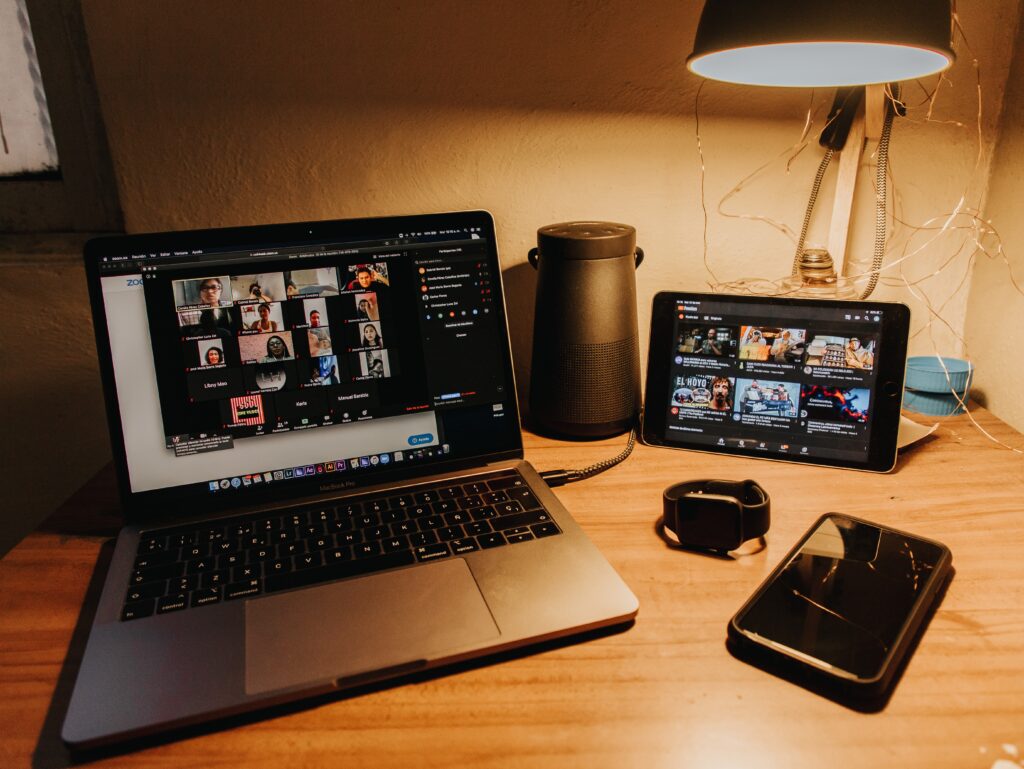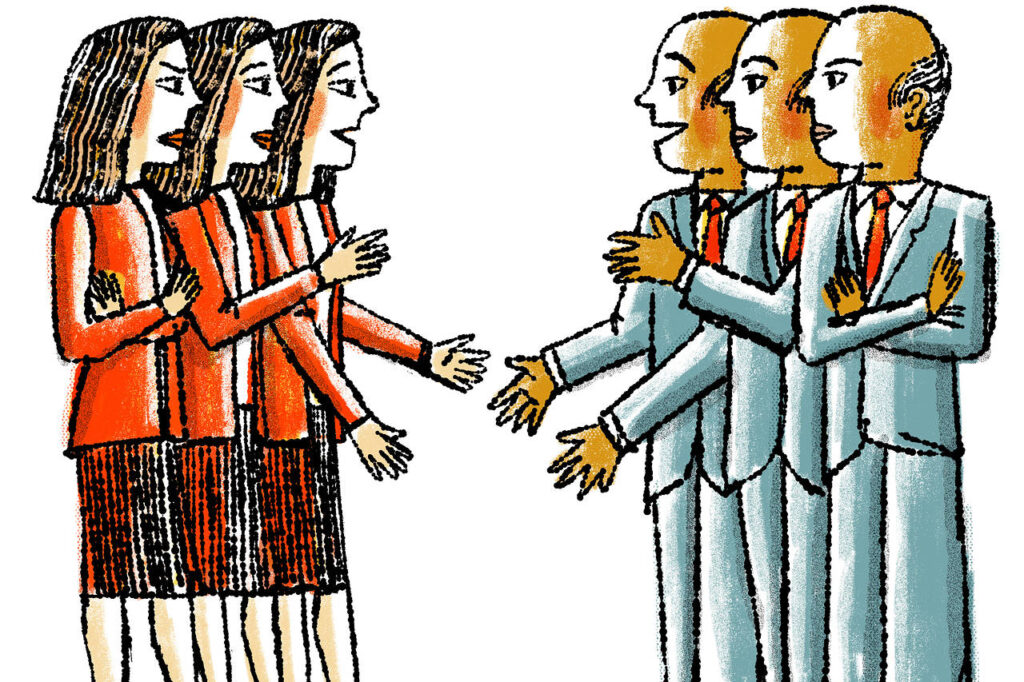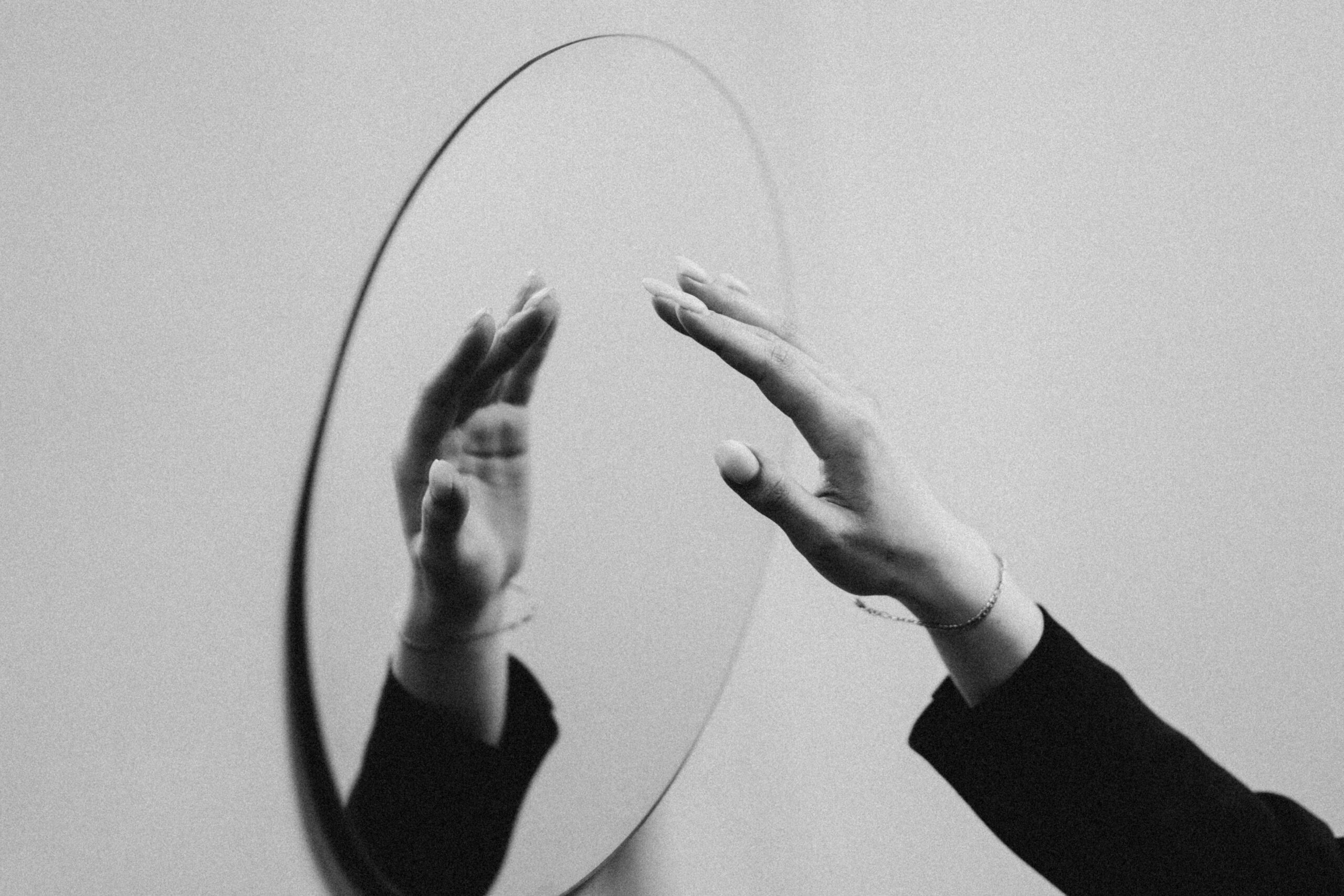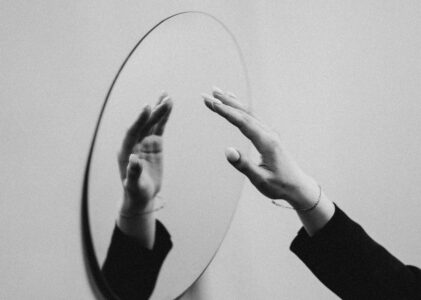Ever wonder why Zoom and online learning leaves you feeling like you learned absolutely nothing in class? Even if you had your camera on and you were trying to pay attention the entire time, odds are you probably got distracted by your phone or your email or your own face. While conducting my research for my project on Zoom distraction and education, I came across an interesting point that addresses this very idea.
Zoom and other visual platforms for online learning only involve two of our five senses. We can see people and hear people and that’s it. And even that’s severely limited.
We see the fronts of people’s faces, and we can’t really see everyone all at once, even in gallery view. We can only hear the person that’s speaking, and when people do speak over each other, it sounds like garbled audio.

In person, we get tons of subconscious inputs and insights into everything and everyone. Our senses work together to create a complete picture of what’s happening around us. If we take away a bunch of those senses, we’re left with an incomplete picture. You can’t pick up on subtle movements or any nuances if you have half the story. Instead, you’re left trying to determine whether your professor hates you or if he’s just tired.
Zoom also completely does away with our ability to mirror the people around us. In conversations or situations involving other people, we shift our faces and bodies subconsciously to adapt to or reflect the movements of the other person. This allows us to create a connection with the person we’re speaking to by embodying their movements. It generates empathy and allows us to analyze the other persons’ reactions and emotions.

A screen creates distance between us and other speakers, taking away our ability to effectively mirror them. We’re left trying to piece together their emotions and mindset with barely any clues. Because of this constant scramble and hyper-awareness of other people in our Zoom classes, we often miss out on the actual content and lectures.
It’s a fascinating little insight into the ways our minds work and also how Zoom changes our behaviors and affects our performance. For more information about Zoom education and mirroring, check out my feature project!

